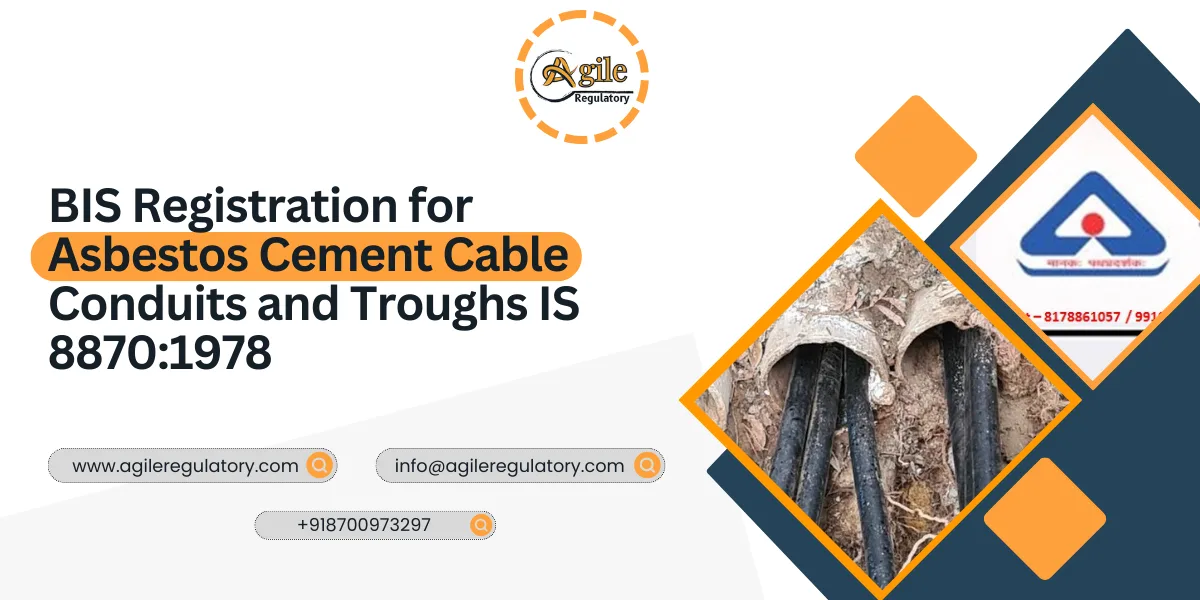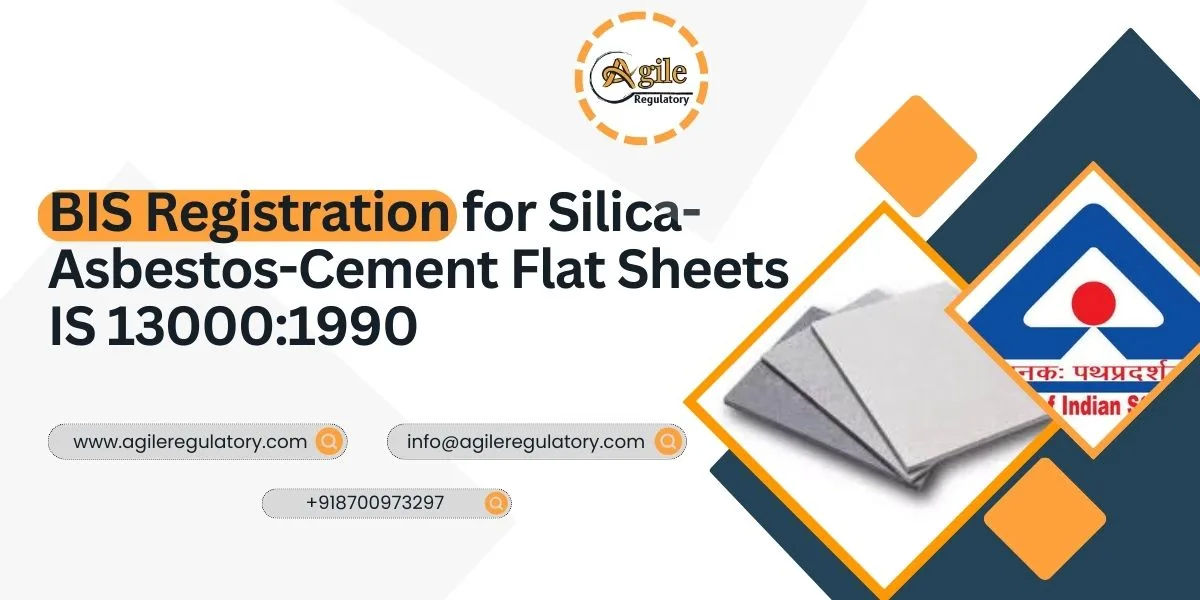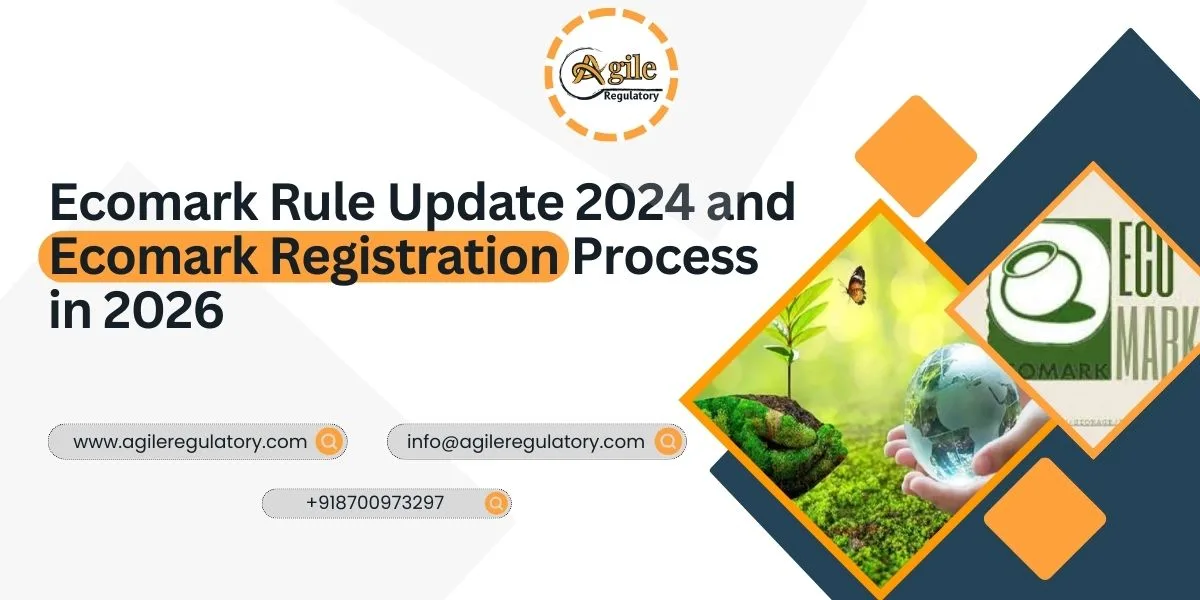
Get Instant Solution By an Expert Advisor
(4.8)


RO is a water purification technique that employs a partially permeable membrane to remove ions, molecules, and larger particles from drinking water. Applying pressure to the water on one side of the membrane forces it to pass through it while leaving contaminants behind.
Read in detail: BIS Certification Process
BIS issued a standard (IS 16240: 2015) for RO-based water treatment systems for drinking purposes, in response to the growing demand for water purification devices and the difficulties involved in filtering groundwater sources, on which many households remained reliant. Officials of the BIS said with the technology proving to be reliable in removing various contaminants, several manufacturers and assemblers, including those in the unorganized sector, were in the market.
The BIS Bureau of Indian Standards certification process includes several steps to ensure that products meet specific quality and safety standards. The certification process for BIS (Bureau of Indian Standards) registration for Reverse Osmosis (RO) systems involves several steps:
Identify the specific product for which certification is required. Determine the relevant Indian Standard (IS) code applicable to the product.
The manufacturer should ensure that the product complies with the relevant standards.
Submit the samples of the product to a BIS-approved testing laboratory for evaluation.
Submit the application for BIS certification to the BIS office. Attach the necessary documents, such as test reports, technical documents, and a declaration of conformity.
BIS may conduct an inspection of the manufacturing facility to ensure that the production processes comply with the standards.
Based on the test reports, factory inspection, and other relevant documentation, BIS makes a decision on certification. If the product meets the standards, BIS issues the certification.
Products that successfully pass the certification process are allowed to carry the BIS certification mark. The BIS mark indicates that the product complies with the relevant Indian Standards.
BIS conducts periodic surveillance audits to ensure ongoing compliance with the standards.
Rs. 1000 plus tax
Rs. 1000 plus tax
Rs. 7,000 plus tax
Rs per applicable standard
As per IS 1624
Bureau of Indian Standards certification is important for reverse osmosis (RO) systems for several reasons:
BIS certification ensures that the RO systems meet specific quality and safety standards.
IS certification is often a legal requirement for certain products in many countries, including India.
IS certification may be a prerequisite for accessing the Indian market.
RO systems are important for water purification and reliability. A BIS-certified RO ensures that the product has gone through various testing for safety and durability, which makes it more reliable for consumers.
The BIS mark on a product enhances the brand image. A BIS certified RO represents a commitment to quality and compliance to industry standards, which can improve brand reputation in the indian market.
Certification may also include criteria related to environmental impact, ensuring that the manufacturing and disposal of the RO systems adhere to environmentally friendly practices.
BIS ISI certification for reverse osmosis systems is valid for 1 year; however, at the time of renewal of the application, you can apply for up to 5 years by paying the annual license fee and application fee.
In short, BIS ISI Mark certification is mandatory for manufacturers of RO systems. Manufacturers seeking BIS certification for their RO products would typically need to submit their products for testing and evaluation to ensure they meet the required standards. BIS Certification for RO systems would depend on several factors, including the specific standards, testing procedures, and compliance requirements set by BIS.

 Vanshika Mathur
Vanshika Mathur
27 Feb, 2026

 Divya Saxena
Divya Saxena
27 Feb, 2026

 Nishi Chawla
Nishi Chawla
27 Feb, 2026

 Nishi Chawla
Nishi Chawla
27 Feb, 2026

 Vanshika Mathur
Vanshika Mathur
26 Feb, 2026

Get Instant Solution By an Expert Advisor
(4.8)
We simplify compliance through a proven 4-step process: Consultation, Documentation, Submission, and certification. From understanding requirements to getting final approvals, we deliver a smooth, timely, and fully compliant journey for your business.
What our customer says about us
Fantastic support from the team. Their expertise transformed our approach, driving remarkable outcomes. A must-have partner for businesses seeking effective consulting solutions. Highly recommended.

KTPL Instruments
Agile Regualtory delivers exceptional solutions. Their insightful guidance streamlined our processes and boosted profitability. Highly recommended for businesses seeking expert consulting services to thrive.

Justrack IOT
Impressed by Agile Regulatory's expertise. Their strategic insights and practical solutions have elevated our business operations. A reliable partner for effective consulting services. Highly recommended for growth-focused businesses.

Coaire Compressor
Extraordinary consulting services. Their insightful solutions and dedicated team reshaped our business, driving remarkable improvements. Highly recommend it for transformative results.

Easy Polymer
Incredible experience with Agile Regulatory. Their innovative strategies and expert advice revitalized our business model, resulting in impressive growth. Highly recommend their exceptional consulting services.

Tarus International
Top-tier consulting! offered strategic solutions that revolutionized our approach. Their deep expertise and personalized guidance made a significant impact on our success. Highly recommend their services.

Anchor Weighing
Agile Regulatory exceeded expectations! Their tailored solutions, expertise, and proactive approach led to remarkable results. Highly recommend for businesses seeking impactful and strategic guidance.

AM Capacitor
Outstanding service! delivered targeted solutions with professionalism and expertise. Their insights elevated our business strategies, resulting in noticeable growth. Highly recommended for exceptional consultation.

Imaxx Pro Aquistic
Leave a Reply
Your email address will not be published. Required fields are marked *